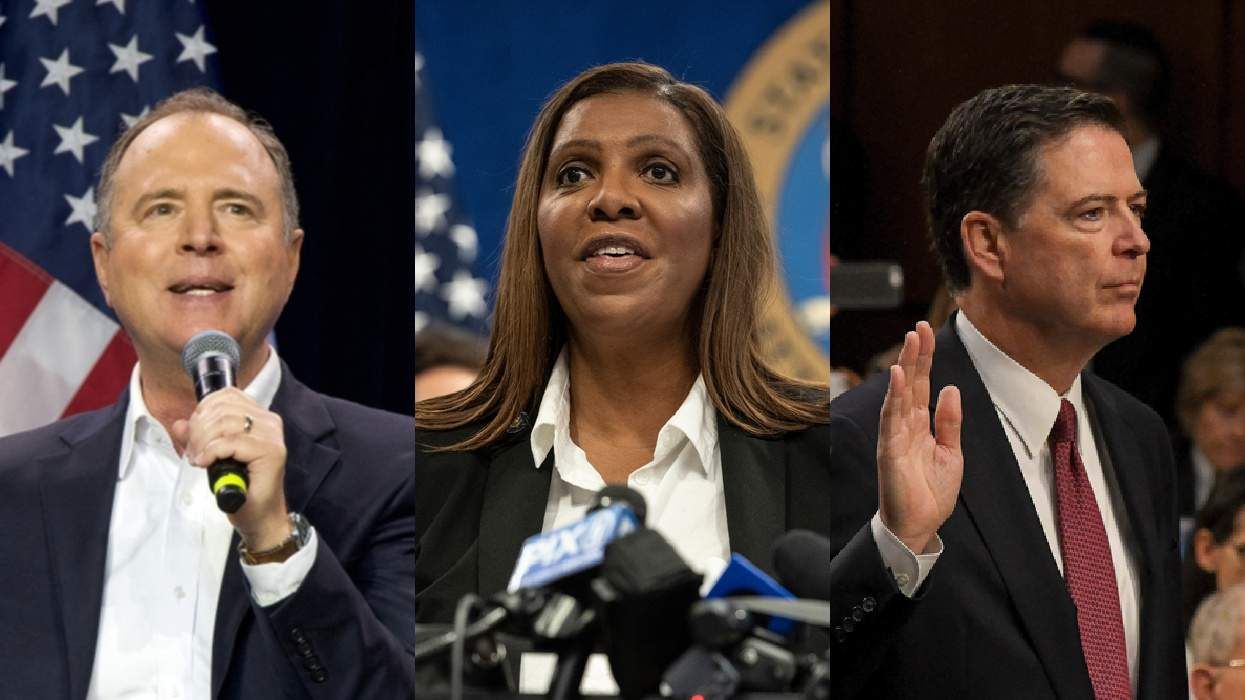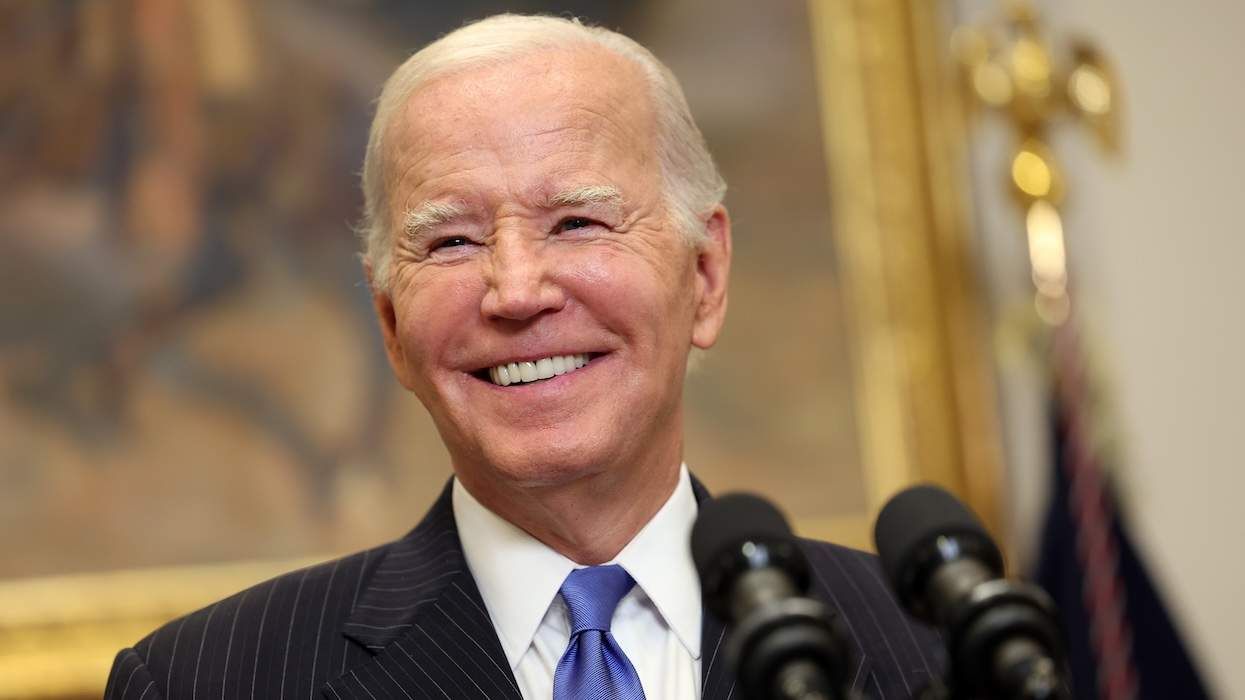A new four-volume
series on the cultural and psychological dimensions of
American military life includes, for the first time, a
chapter on the service of openly gay troops. The
chapter describes social and institutional changes
needed to lift the U.S. armed forces' ban on openly
gay members.
Experts say the inclusion of the topic in a
publication endorsed by major military scholars
reflects a shifted landscape on the question of
military service by gays. Because a majority of junior
enlisted service members now say that gays and
lesbians should serve openly, according to an
Annenberg poll, and because the vast majority of service
members now say that they feel personally comfortable
around gays and lesbians, integration is seen as a
much less difficult option than would have been the
case 12 years ago, when President Clinton tried to lift the
gay ban.
Described by scholars as a "path-breaking
analysis" of the military experience and a
"comprehensive review" of factors influencing military
performance, the compilation addresses the emotional
impact of combat, methods of coping with war, the role of
spirituality in military life, issues affecting family
life, cultural diversity within the armed forces, and
more. Its authors include military officers, academic
experts, health care professionals, and others who have
taken part in primary research about the personal and
institutional qualities of military life.
"The decision of the editors and publisher to
include analysis on how to modify military culture to
accommodate this policy change is an important
milestone," said Nathaniel Frank, senior research fellow at
the Center for the Study of Sexual Minorities in the
Military. "It reflects an evolving understanding that
the current exclusionary policy on gay troops is
harmful and outdated and that change is inevitable."
The chapter authors explain that compliance with
new regulations--in this case nondiscrimination
toward gays--will be most stable and enduring if
strong leaders enforce new expectations by creating high
costs for noncompliance. The initial focus of change
in this case, they explain, should be the behavior,
rather than attitudes, of heterosexuals; but over
time, it is reasonable to expect that personnel will conform
to new policies because they believe their conduct
reflects their identity as members of the institution.
(Advocate.com)




































































Charlie Kirk DID say stoning gay people was the 'perfect law' — and these other heinous quotes